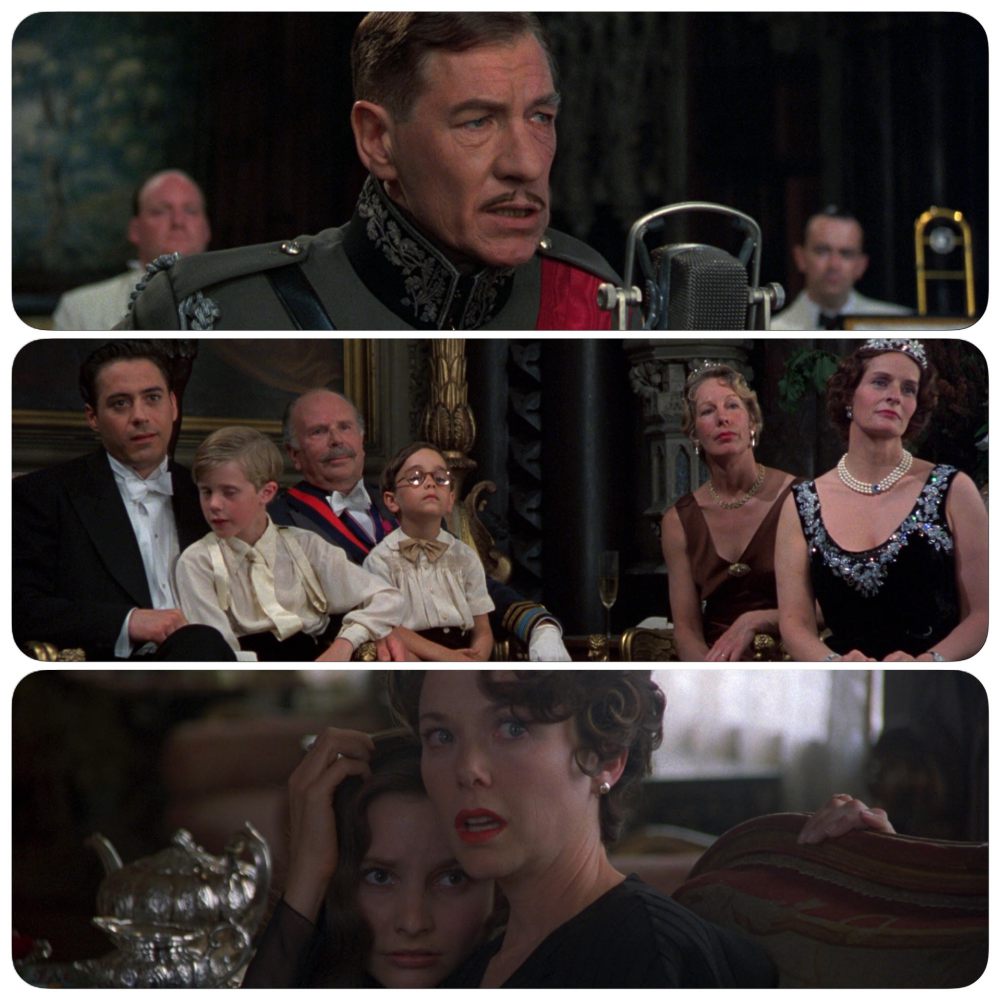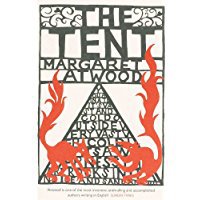There is no denying the greatness of Shakespeare, but for those to whom the Bard’s work proves inaccessible—largely because of Elizabethan language—cinema adaptations of his plays are the way to go. This might sound like heresy to those who appreciate the many fine stage productions of Shakespeare, but given the typical 2-hour running time of most movies, a cinematic adaptation requires considerable cutting from the original text. What remains is the leanest, meanest version of a Shakespearean play one can hope for. And when in the hands of players who have adopted a particular play as their own, the results can be marvelous, indeed. Case in point, Richard Loncraine’s 1995 adaptation of Richard III—the tale of the short-lived reign of a villainous usurper to the throne of England—starring Ian McKellen. At the time, McKellen was not yet known to American film audiences as he is today, but he had spent some six years touring England playing sellout shows of his version of Richard III, and was more than ready to deliver a film adaptation for the ages. Did he ever.
This version of Richard III is set in 1930s England, where a bloody civil war between the House of Lancaster and the House of York has ended with Richard, Duke of Gloucester murdering King Edward and his son. Richard’s older brother ascends to the throne, but Richard is unsatisfied. He is a twisted hunchback whose physical deformity serves to mirror his inner villainy; speaking directly to the audience, Richard lays bare his plan to undercut, manipulate, betray, exile and murder everybody in the royal family who stands between him and the throne. As he sets to it, he twists the truth to serve his own needs, and shows utter ruthlessness in ordering the murder of anyone who gets in his way, women and children included. Once he reaches the throne, he soon forgets those who helped him get there, sowing the seeds of his own downfall. Having made legions of enemies as he bloodied his way to power, Richard find himself surrounded by enemies, either disaffected former co-conspirators, or remnants of the old order having reconstituted themselves and returned to England to reclaim their rightful place on the throne. In the battle that follows, the outcome is certain, and Richard III is swiftly overthrown, to the jubilation of a grateful nation.
What makes this production so incredible is Ian McKellen’s performance as Richard. As he winks and nods to the camera, he exudes a kind of oily charm that passes for charisma to the weak-minded, and which flatters the ambitious. There is no lie too small to tell, no advantage too meager to exploit, and watching McKellen inhabit this twisted tyrant is a master class in acting itself. Because this version is only about half as long as the play, the text is much condensed, and McKellen—in the tradition of the finest Shakespearean actors—delivers his lines with a kind of emotion and character that delivers their full power. Leading a cast that is a who’s who of acting talent, McKellen brings Shakespeare to life in a way that is energizing, accessible, and relatable. This is what Shakespeare is all about.
Setting the story in a fascist, pre-WWII Britain is a masterstroke, especially in the costuming and set design. As Richard consolidates his power, the dressings of his regime openly draw inspiration from Nazi Germany, while the rest of the story draws visual cues from a variety of military aesthetics from the early 20th century, giving the story a legitimate feel of alternate history. By the time we are watching the final battle, we’ve got Lancaster bombers, T-34 tanks and American jeeps all racing around in a military mélange that seems to evoke the entirety of the bloodiest century’s bloodiest conflicts, all drawn forth like infection from a boil by the machinations of one of the greatest villains ever brought to stage or screen. This modernization is more than a mere visual gimmick; it relates the political overtones of the story, as they were written some 400 years ago, into a context modern audiences can far better understand. One imagines that had Shakespeare possessed a time machine, he would have approved of how and why this particular production looks and feels as it does.
The moment of truth comes at the end, when the rebel army assembled to topple Richard has pressed the attack, and we see a full array of military hardware on display in a crumbling urban-industrial battlefield. The spectacle far transcends anything that could be done on stage, with Richard screaming as he fires a Lewis gun at strafing aircraft, and tanks blasting through the library of Richard’s office, and balaclava-wearing commandos delivering precise automatic fire. There comes a point when Richard’s forces are routed, and as the tyrant king tries to make his escape, his jeep is stuck on some rubble, which gives rise to the play’s iconic lines, “A horse! A horse! My kingdom for a horse!” It’s a bit of creative license that works splendidly here, as Richard isn’t lamenting a lack of getaway vehicle—as he does in the original text—but rather, that his means of escape is inappropriate for the environment. There’s something to that: a guy like Richard doesn’t ascend to power with a decent escape plan in place, because tyrants never really imagine they’ll have to flee, though they rarely die of old age, either. By the time we see Richard’s final moment, falling from a great height into the flames of war, he smiles as he goes, for he is getting the best death he can get, even if it’s not the one he so richly deserves. We hate to see him escape the full weight of justice, but given how darkly persuasive McKellen has been throughout the whole movie, we can’t help but applaud his Richard for getting his way one last time.






